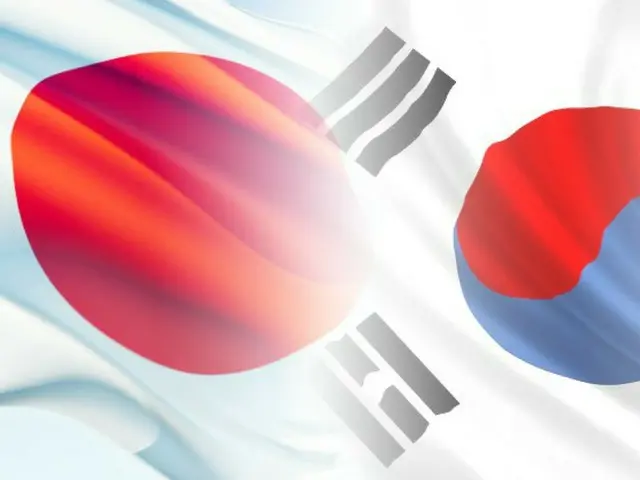This was decided unanimously by all 21 member states, including the United Nations. The Sado Gold Mine is where more than 1,500 Koreans were forced to work under poor working conditions between 1939 and 1945.
The Korean government also agreed to the registration of the site as a World Heritage Site with "outstanding universal value." In February 2023, Japan will "let the world know about the world's largest gold mining area in the 17th century."
With this in mind, they applied to have the Sado Gold Mine listed as a World Heritage Site. However, Japan's decision to limit the period of registration to the Edo period (1603 to 1868) was criticized for being a 20th century Korean forced labor site.
The move was put on hold due to criticism that it was an attempt to erase history and opposition from the South Korean government. On the 6th of last month, the International Council on Monuments and Sites (ICOMOS), an advisory body to UNESCO, announced that the site had been built using forced labor and other methods.
The government recommended that the registration be withheld due to the need to establish a facility to inform the entire history of the Sado Gold Mine.
The Japanese government also promised to hold a memorial service for the Sado Gold Mine workers every year on Sado Island. The Japanese government's promise was apparently realized through behind-the-scenes negotiations with the Korean government. However, the Japanese government
In 2015, the government also failed to keep its promise when the "Meiji Industrial Revolution Heritage Sites," which includes Gunkanjima, another site of forced labor for Koreans, was registered as a World Heritage Site.
The then Minister stated that "the English expression 'Forced to Work' does not mean forced labor," and that an exhibition hall showing the entire history would be set up in Tokyo, about 1,000 kilometers from Gunkanjima.
The ruling People's Power Party said in a statement issued by the National Assembly Foreign Affairs and Unification Committee, which is made up of lawmakers from the party, that "a virtuous cycle has been created in Japan-Korea relations through dialogue and diplomacy."
It is questionable how many South Koreans would be convinced by such a virtuous cycle theory. Also, if Japan does not keep its promise, it could be a major diplomatic blunder by the Yoon Seok-yeol administration.
We hope that the United States will urge and monitor the implementation of additional measures to ensure that Japan's violation of its commitments does not have a negative impact on the friendship and cooperation between the two countries.
2024/07/29 07:10 KST
Copyrights(C) Edaily wowkorea.jp 107

